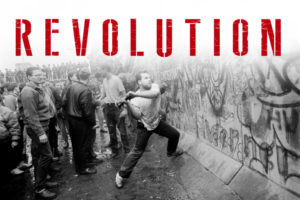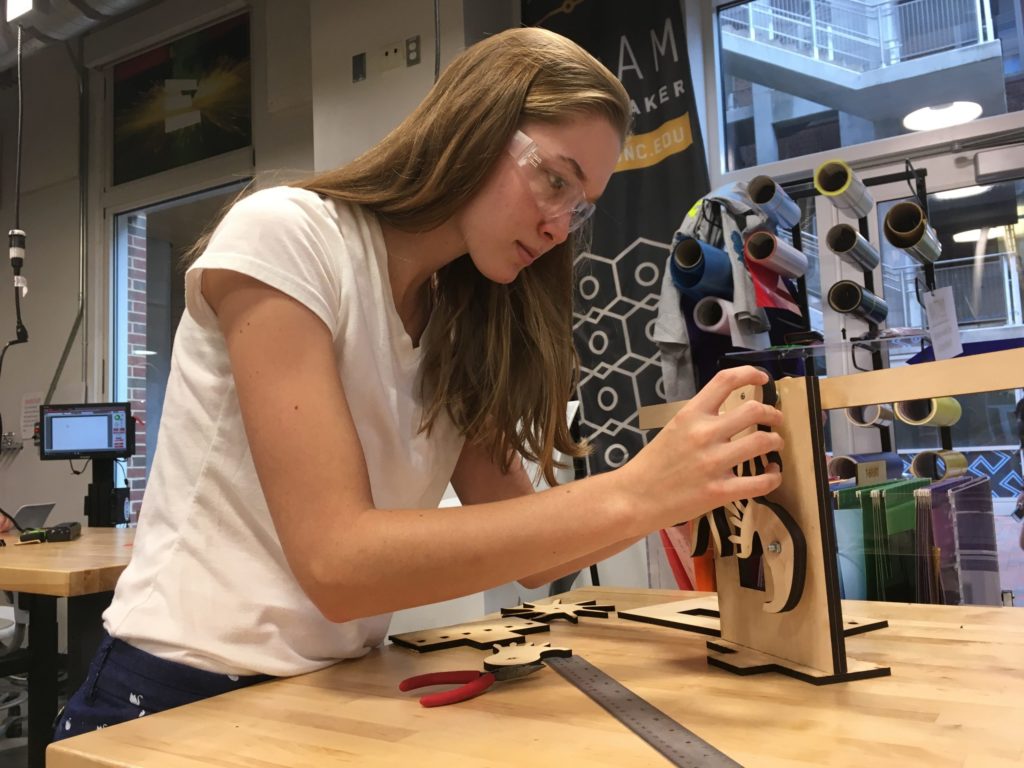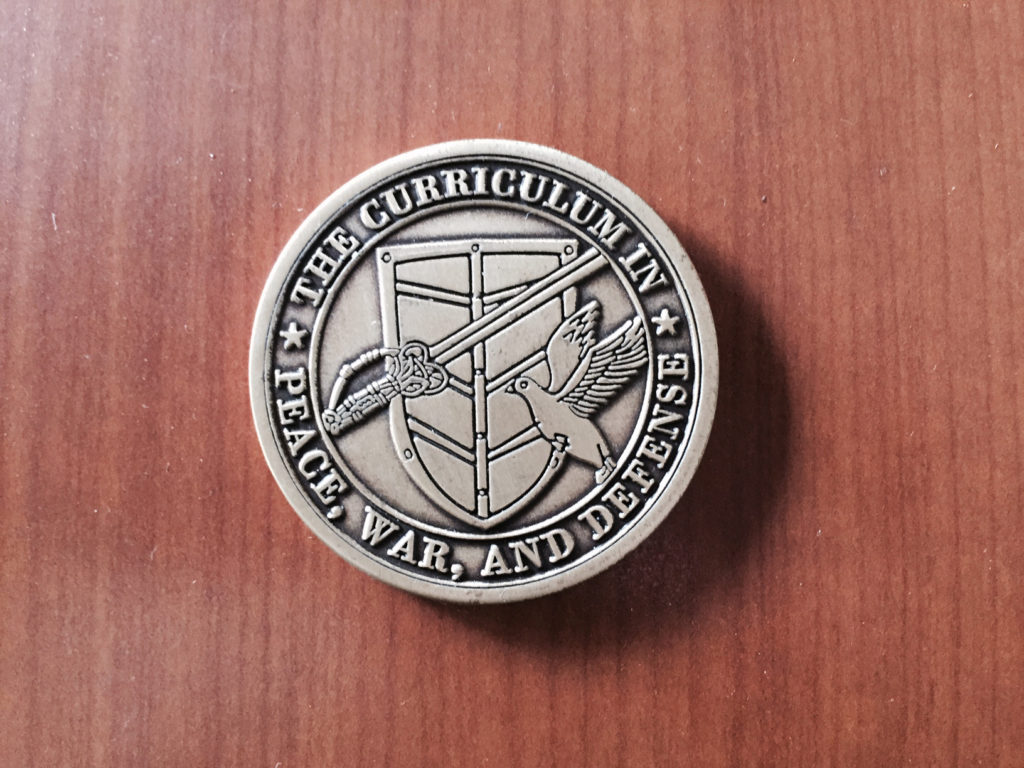 Mark the 25th anniversary of the fall of the Berlin Wall with the Iron Curtain Trilogy, a three-play cycle produced by Burning Coal Theatre Company in Raleigh. The plays, directed by Jerome Davis, run on the theater’s main stage Sept. 4-27.
Mark the 25th anniversary of the fall of the Berlin Wall with the Iron Curtain Trilogy, a three-play cycle produced by Burning Coal Theatre Company in Raleigh. The plays, directed by Jerome Davis, run on the theater’s main stage Sept. 4-27.
The Iron Curtain Trilogy, written by Tony-award winning British playwright David Edgar (also the playwright of The Life and Adventures of Nicholas Nickleby), is comprised of The Shape of the Table, Pentecost and The Prisoner’s Dilemma.
Through a collaboration between the University of North Carolina at Chapel Hill, the Wake County Public Schools and Burning Coal Theater, UNC scholars will offer a Lobby Lecture for the audience prior to three performances at 12:30 p.m. These are scheduled to coincide with attendance by Wake County Public School System students, to whom 400 tickets have been made available to them to see a play. Of special interest, on display at the temporary theater space (117 S. West Street in downtown Raleigh) is a large 11’ X 5’ piece of the Berlin Wall, on loan from UNC alumnus Gordon Smith ’66.
The Lobby Lectures will be conducted by Karen Auerbach, assistant professor of history, on Sept. 13; Andrea Bohlman, assistant professor of music, on Sept. 20; and Robert Jenkins, director of the Center for Slavic, Eurasian and East European Studies on Sept. 27. The scholars will engage the students in a lecture and discussion to help them understand how the various countries in the Soviet bloc responded to changes after the fall of the Berlin Wall, as well as to reflect upon the influence of the arts in the dissolution of the Soviet bloc and the competing interests of individuality, nationalism and authority.
The Berlin Wall was built to divide East and West Berlin after the end of World War II and was emblematic of the partition between East and West Germany. In addition to integrating communities that had been torn apart by the wall for decades, its fall in 1989 also held symbolic power. The fall of the Berlin Wall marked the end of the Cold War between the Soviet Union, which controlled East Germany, and the U.S., a close ally of West Germany. The fall also presaged the reunification of East and West Germany into one nation, and the reunification of the European continent after decades of physical and ideological division. The ideological divide between the West and the Soviet Union, symbolized by the wall, was known as the “Iron Curtain.”
Related Educational Material

The Center for European Studies at UNC has developed a related website REVOLUTION: The Iron Curtain in the Spotlight with supporting educational materials developed in collaboration with Burning Coal Theatre. During September, CES staff and faculty will be reaching out to Wake County Public Schools to provide training to use these tools.
Alex Holmgren, outreach coordinator for the Center for European Studies, and Zumrat Salmorbekova, interim associate director of the Center for Slavic, Eurasian and East European Studies, recently held a training session for world history and arts teachers and curriculum specialists of the Wake County Public School System.
These outreach efforts build on the work Burning Coal Theatre has been doing with Wake County Public Schools to bring the arts into the classroom. The theater company has developed additional academic programming around the Iron Curtain Trilogy, including discussions with the playwright; scene performances and Q&As with world history and drama students at Rolesville, Garner, Green Hope and Broughton high schools; and a playwriting artist residency with drama students.




